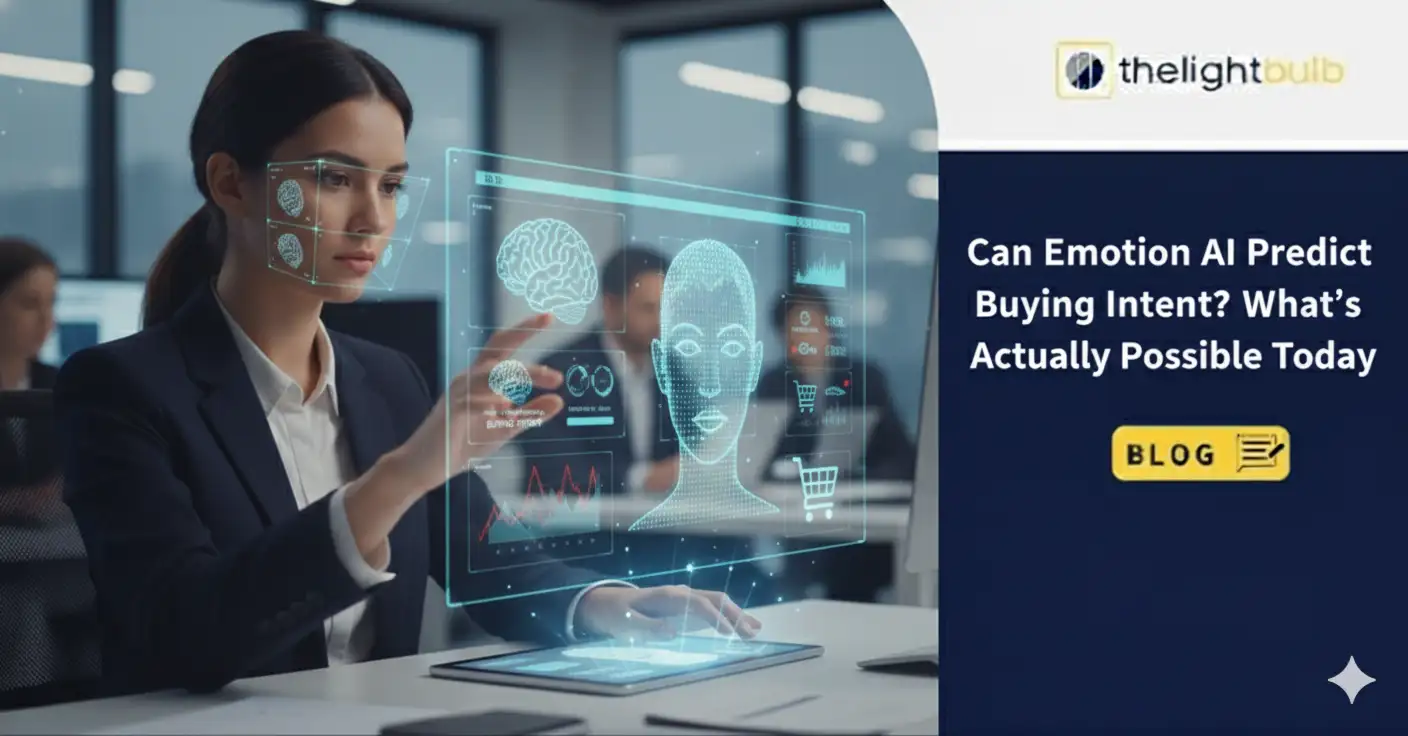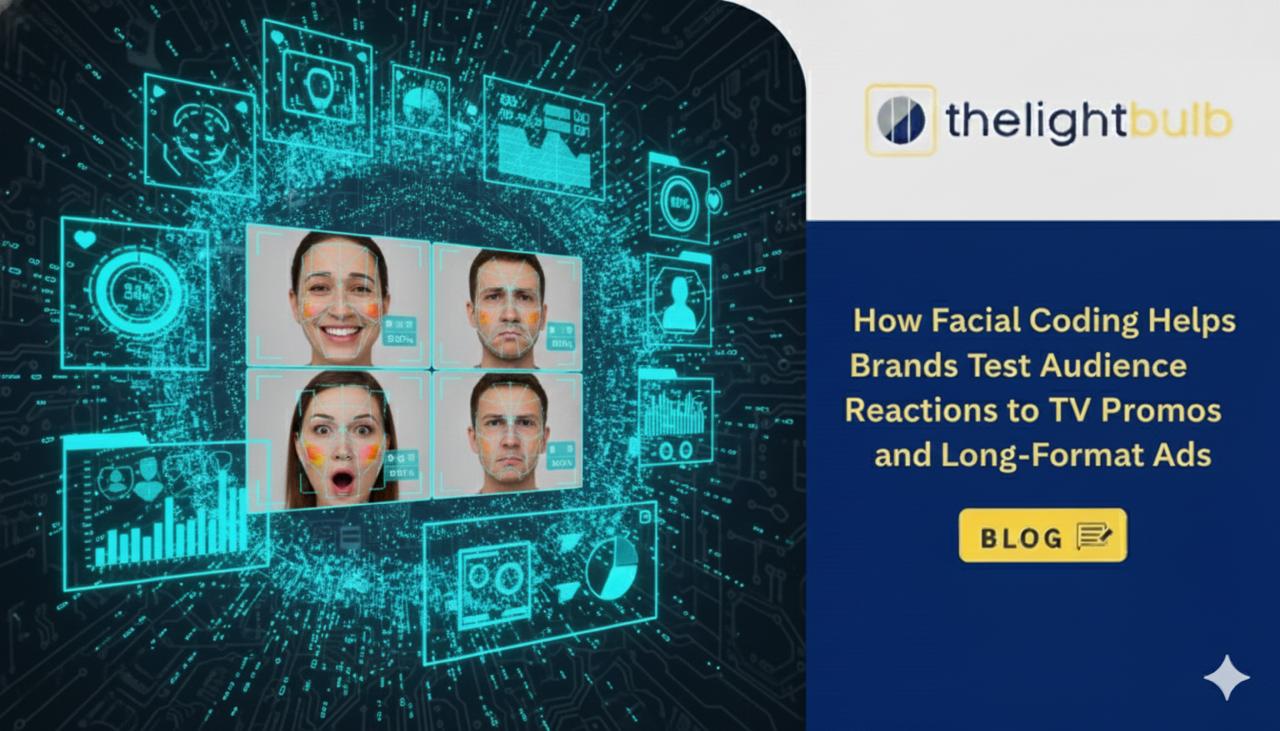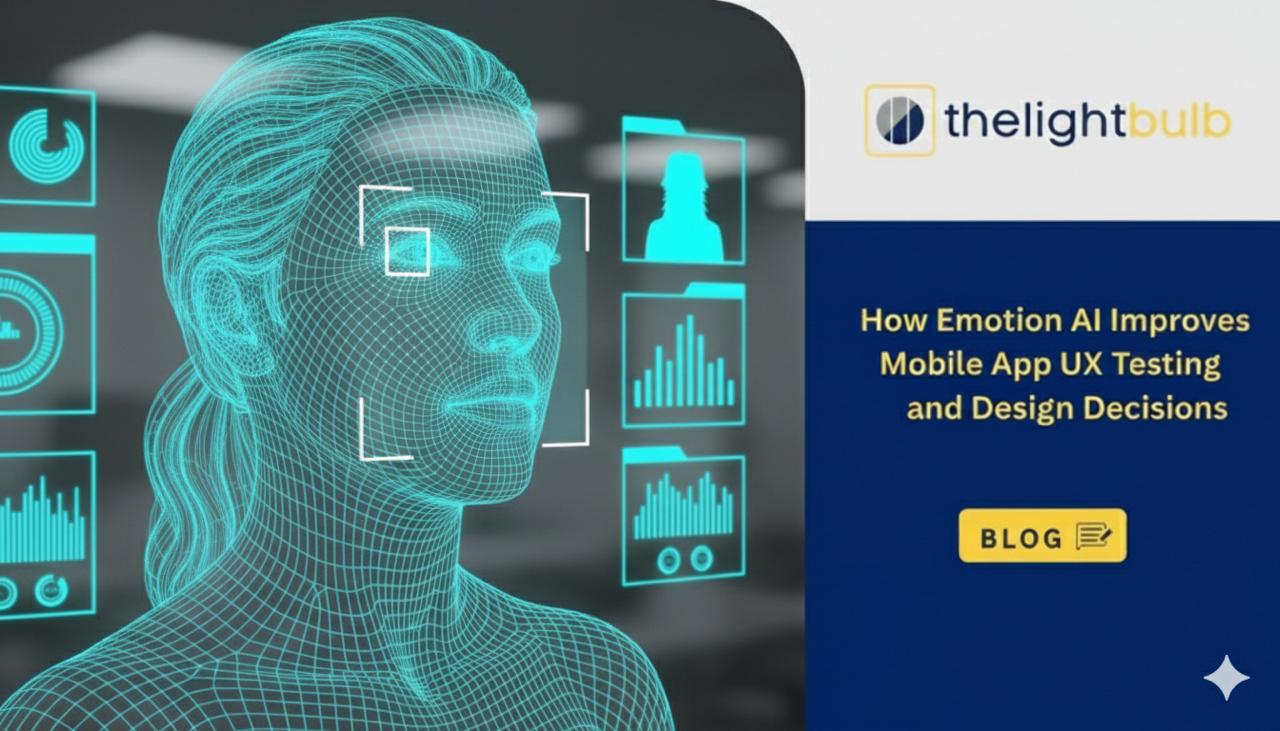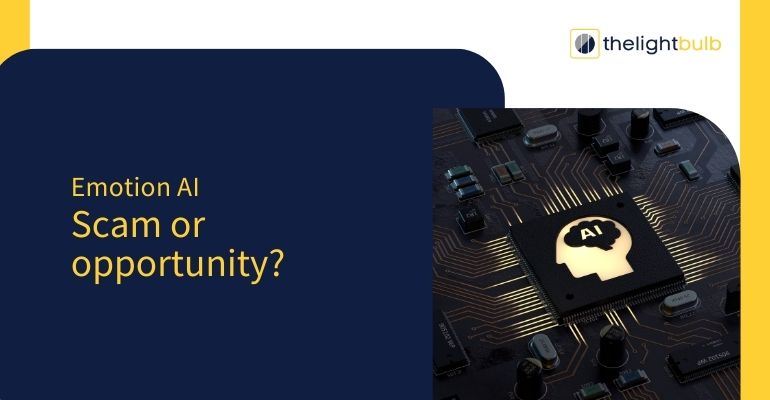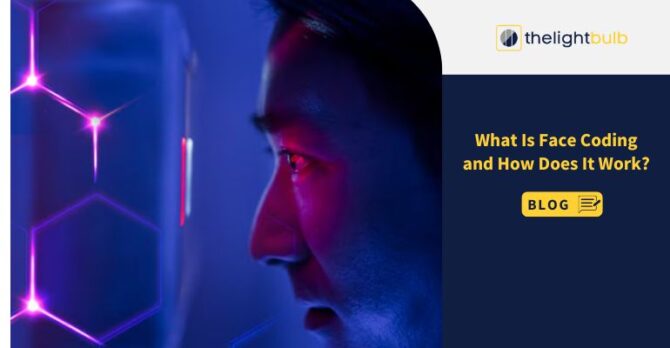
Facial coding, additionally known as facial motion coding, is the systematic evaluation of human facial expressions to interpret feelings and behaviors. It combines psychology, technology, and artificial intelligence to discover the subtle cues hidden in facial moves. Whether applied in research, marketing, or user experience, face coding has revolutionized the manner we understand human feelings.
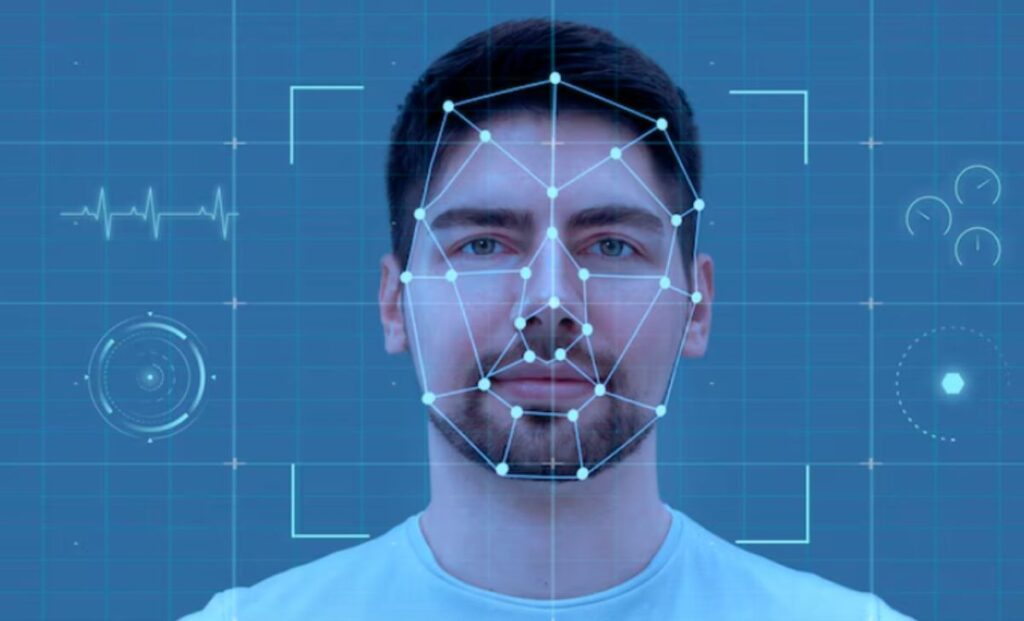
This blog will explain facial coding, the way it works, and its applications across unique industries. We will also cover the challenges and ethical concerns involved on this field.
Understanding Facial Coding
Facial coding is based totally on the idea that facial expressions are time-honored and might deliver emotions regardless of cultural heritage. The foundation of face coding lies in the Facial Action Coding System (FACS), a framework evolved by way of psychologists Paul Ekman and Wallace V. Friesen in the 1970s. FACS maps facial expressions to underlying feelings with the aid of categorizing moves of facial muscle tissues, known as Action Units (AUs).
For example:
- A raised eyebrow (AU 1) may indicate wonder.
- A smile (AU 12) indicates happiness.
- A furrowed brow (AU 4) should sign anger or confusion.
These motion gadgets are the constructing blocks for know-how complicated feelings expressed through facial expressions.
How Does Facial Coding Work?
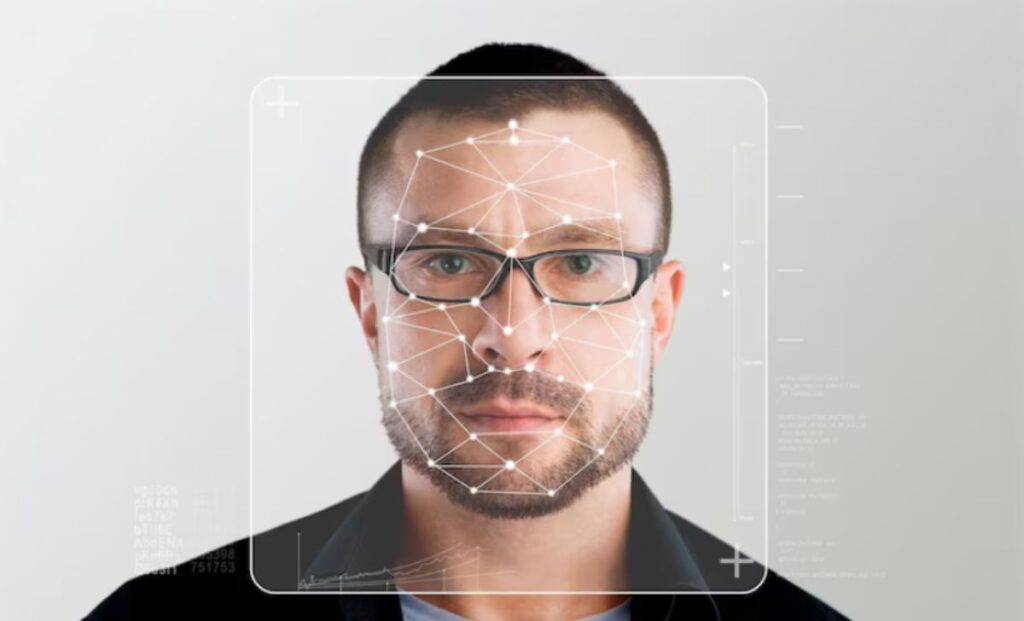
Face coding includes the following steps:
1. Capturing Facial Data :
Facial statistics accrued the use of cameras or specialized sensors. This step calls for excessive-decision imagery or video to locate even the maximum diffused facial actions.
2. Detecting Facial Features
Advanced software or algorithms have a look at key facial landmarks, together with the eyes, eyebrows, nostril, and mouth. These landmarks are mapped to find out movements and expressions.
3. Mapping Action Units
Using the Facial Action Coding System, the software program assigns motion gadgets to precise facial actions. Each movement unit corresponds to a muscle movement related to an emotion.
4. Interpreting Emotions
The diagnosed motion gadgets are then mixed to interpret the emotion being expressed. For example, a combination of AU 12 (smile) and AU 6 (cheek improve) suggests real happiness, additionally called a Duchenne smile.
5. Generating Insights
The consequences are compiled into actionable insights, which can be used for various features, along with enhancing individual studies, carrying out mental studies, or growing targeted advertising campaigns.
Applications of Facial Coding
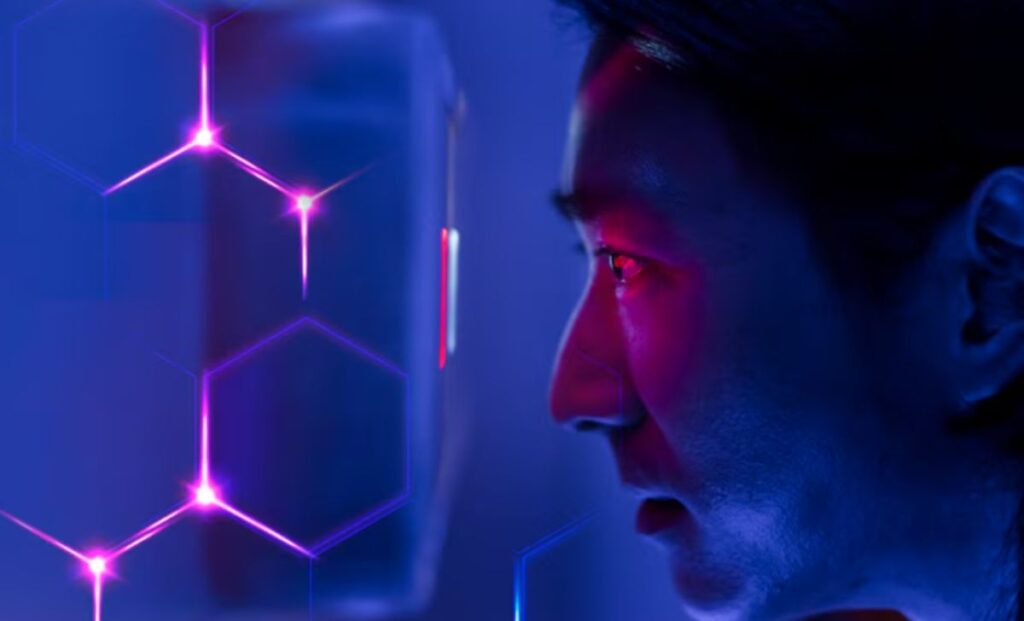
Face coding has various programs throughout industries, making it a versatile device for information human conduct. Here are a few key regions in which face coding is used:
1. Market Research
Face coding helps manufacturers analyze client reactions to classified ads, merchandise, or packaging. By studying facial expressions, organizations can gauge emotional responses and refine their strategies to resonate better with their target market.
2. User Experience (UX) Design
In UX layout, face coding allows designers to degree character pride at the same time as interacting with digital products. Real-time emotion detection can display frustration factors, helping to create extra intuitive interfaces.
3. Healthcare
Face coding plays a position in detecting mental fitness issues, together with tension or depression. It is likewise used in treatment to display emotional responses and song development over time.
4. Education
Educational platforms use face coding to evaluate scholar engagement. For instance, if a student shows signs and symptoms of boredom, the platform can adapt its education approach to preserve hobbies.
5. Security and Law Enforcement
Law enforcement corporations use face coding to discover strain or deception in some unspecified time in the future of interrogations. It moreover assists in figuring out capacity threats through studying facial cues in surveillance pictures.
6. Entertainment
Movie studios and gaming agencies use face coding to apprehend audience reactions. It enhances storytelling, person format, and average patron engagement.
Challenges of Facial Coding
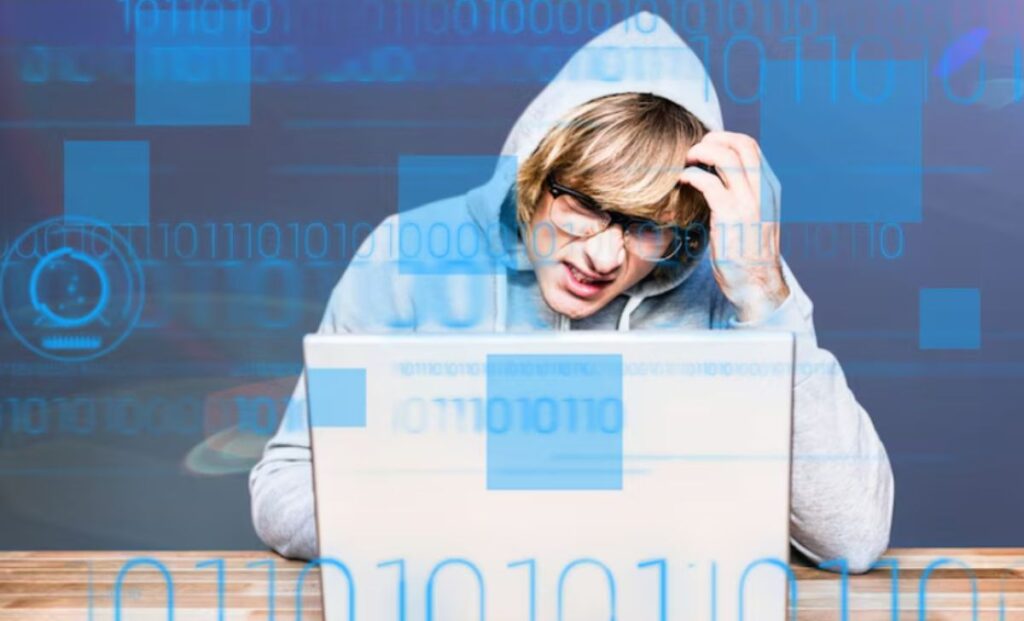
Despite its advantages, face coding faces numerous challenges:
1. Accuracy
Facial expressions can range based on cultural norms, personal differences, and environmental factors. Achieving regular accuracy across various populations is an undertaking.
2. Privacy Concerns
Collecting facial facts increases significant privateness problems. Users ought to consent to facts series, and organizations need to make certain that the statistics is treated securely and ethically.
3. Misinterpretation of Emotions
Facial expressions do not constantly deliver actual emotions. For example, a smile might be well mannered as opposed to genuine happiness. Face coding structures need to recollect contextual statistics to avoid misinterpretation.
4. Ethical Use
Face coding may be misused for surveillance or manipulation. Setting clear moral hints is important to prevent damage.
Future of Facial Coding
The destiny of face coding seems promising, with improvements in AI and gadget learning riding its improvement. Here are some potential traits:
Integration with Wearables: Face coding will be included into wearable devices to display feelings in actual time. Enhanced Cultural Adaptation: Algorithms becomes better at accounting for cultural variations in facial expressions. Improved Emotional AI: Combining face coding with voice and text evaluation will create greater complete emotion-detection structures.
Broader Applications: From independent cars to digital truth, face coding will find new packages in rising technology.
Conclusion
Face coding bridges the distance among generation and human feelings, providing valuable insights throughout numerous industries. While traumatic conditions like accuracy and privacy live, enhancements in AI and ethical practices are paving the manner for broader adoption. As face coding evolves, it’ll hold to shape how we recognize and have interaction with emotions within the virtual age.
FAQs
1. What is facial coding?
Face coding is the evaluation of facial expressions to interpret feelings and the usage of strategies just like the Facial Action Coding System (FACS).
2. How is facial coding different from facial popularity?
Face coding makes a specialty of facts and emotions through facial expressions, while facial popularity identifies people primarily based on facial functions.
3. What industries use facial coding?
Industries like advertising and advertising and marketing, healthcare, education, protection, and enjoyment use face coding for numerous functions, which incorporates studying purchaser behavior and improving personal testimonies.
4. Are there moral problems with facial coding?
Yes, ethical concerns encompass privateness, consent, and the functionality misuse of facial facts. Organizations need to follow strict tips to cope with those issues.
5. What is the future of facial coding?
The future includes improved accuracy, cultural model, and integration with growing technology like virtual truth and wearables.
